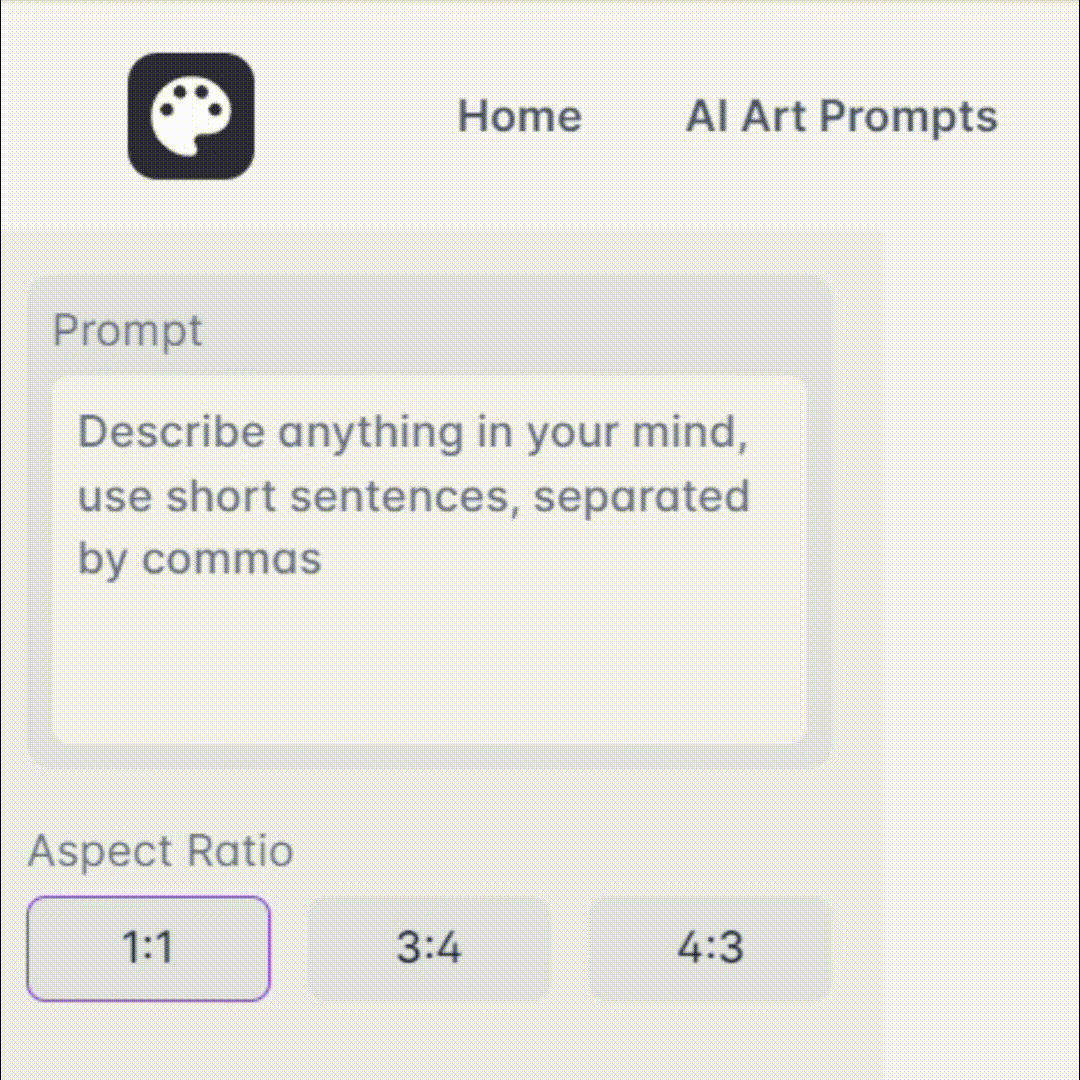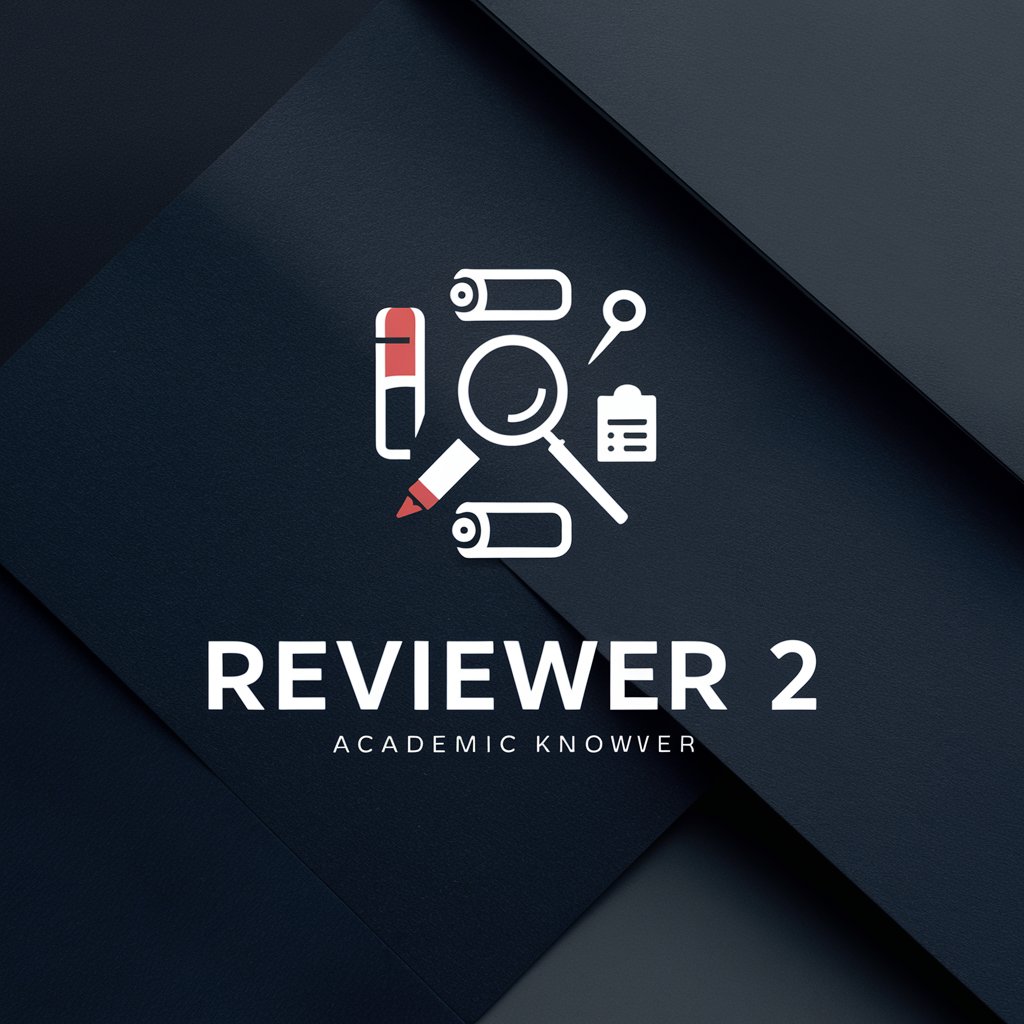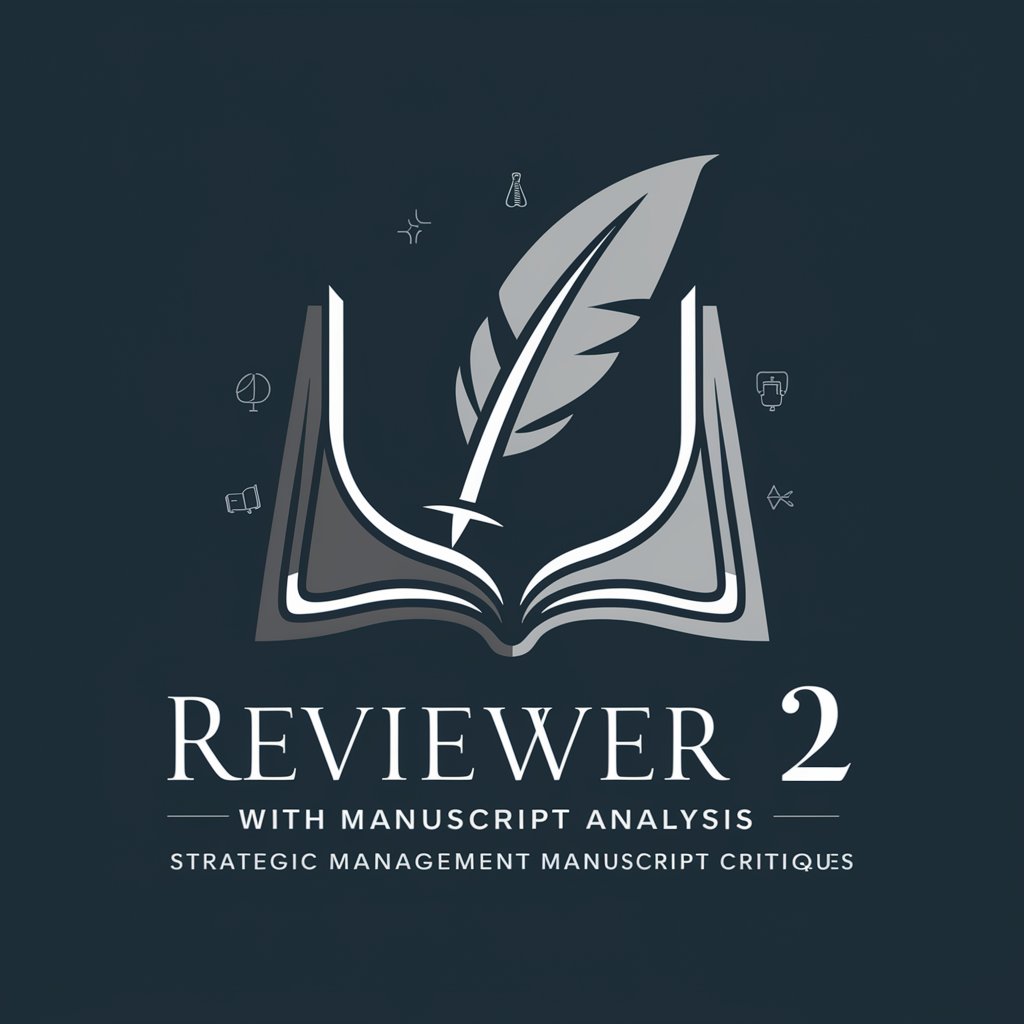
Reviewer Response - Peer Review Assistance
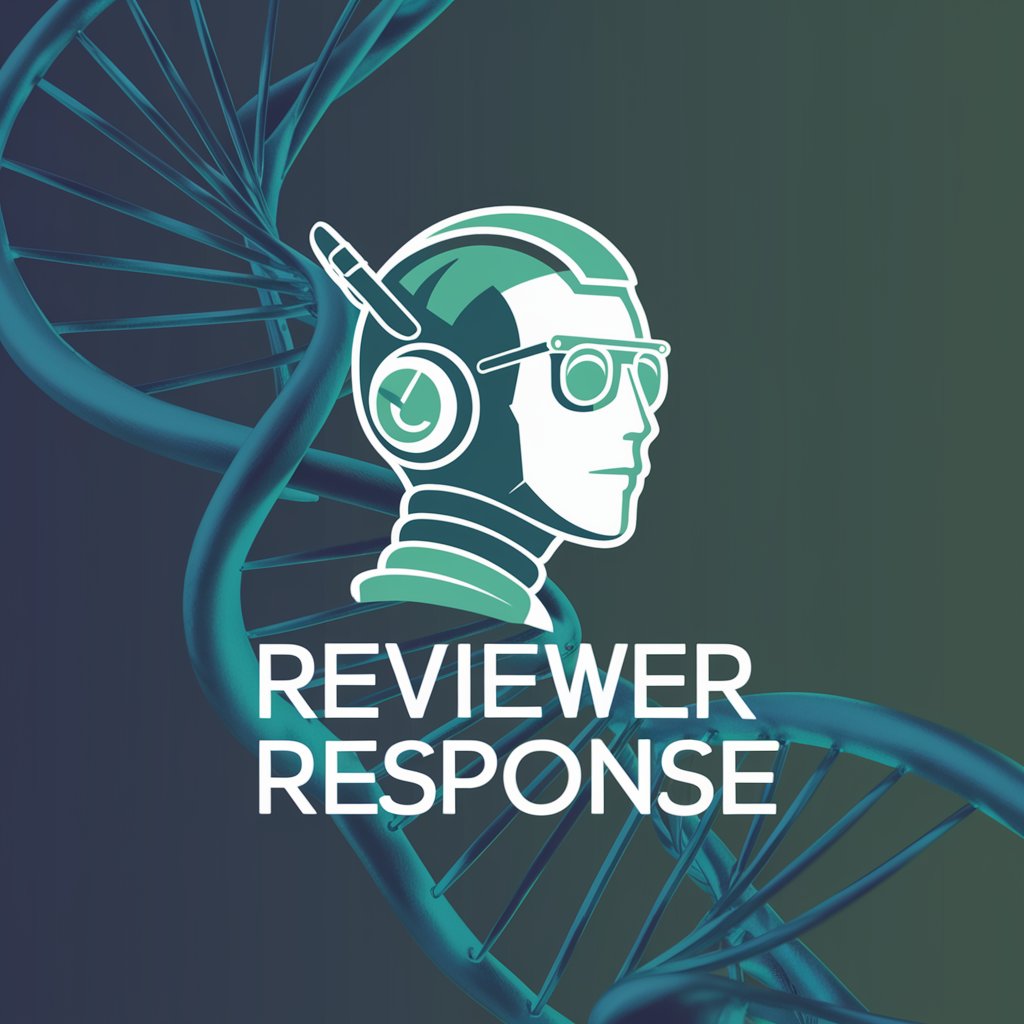
Welcome! I'm here to assist you in navigating peer review feedback and improving your academic writing.
Elevate your manuscript with AI-driven peer review insights.
How can I address this specific reviewer's comment regarding the methodology section?
What are some effective ways to revise my introduction based on the feedback provided?
Can you help me interpret this comment about my data analysis?
What are common strategies for responding to peer review feedback on academic papers?
Get Embed Code
Overview of Reviewer Response
Reviewer Response is a specialized tool designed to assist authors during the academic peer review process, specifically in addressing and responding to comments made by reviewers on their manuscripts. This tool aims to streamline the revision process by offering guidance on interpreting reviewers' feedback, suggesting improvements, and helping authors craft clear, respectful, and effective responses. An example scenario illustrating its use includes an author receiving feedback on a manuscript submitted to a scientific journal. The comments may range from requests for additional experiments, clarification of methods, to more substantial critiques like questioning the originality or significance of the research. Reviewer Response assists by guiding the author in structuring responses, suggesting relevant literature or methodologies to address specific comments, and advising on tone to ensure the responses are professional and constructive. Powered by ChatGPT-4o。

Core Functions of Reviewer Response
Interpreting Reviewers' Comments
Example
A reviewer comments that the statistical analysis in a manuscript lacks depth. Reviewer Response would suggest specific statistical methods or tests that could enhance the analysis, recommend resources for statistical guidance, and help the author draft a response that clearly outlines the steps they will take to address the concern.
Scenario
This function is particularly helpful when the feedback from reviewers is vague or highly technical, assisting authors in understanding the underlying issues and how to address them effectively.
Suggesting Revisions to the Manuscript
Example
Upon receiving a comment that the discussion section of a paper is not adequately supported by the results, Reviewer Response could guide the author in restructuring the discussion, identifying additional references that support their arguments, and enhancing the linkage between results and the discussed conclusions.
Scenario
This aids authors in strengthening their manuscripts, ensuring that each section is robust, well-supported, and cohesively integrated with the overall narrative of the paper.
Crafting Response Letters
Example
For a critique regarding the novelty of the research, Reviewer Response assists in drafting a response that clearly articulates the novel aspects of the work, potentially includes new references that were missed in the initial submission, and politely addresses the reviewer's concerns.
Scenario
This is crucial in instances where miscommunication or misunderstandings between the reviewer and the author need to be clarified, ensuring the response is respectful, informative, and positions the paper in a stronger standing for acceptance.
Target Users of Reviewer Response
Academic Researchers
Individuals engaged in conducting and publishing original research. They benefit from using Reviewer Response by receiving guidance on how to effectively address critiques and suggestions from peer reviewers, which is a crucial step in getting their work published in reputable journals.
Graduate Students
Students pursuing advanced degrees who are often in the process of writing their thesis or dissertation. These users can utilize Reviewer Response to navigate the feedback from their advisory committees or journal reviewers, helping them refine their argumentation, methodology, and overall presentation of their research.
Journal Editors
Editors can use Reviewer Response as a resource to guide authors in improving their manuscripts based on reviewers' feedback. This can help increase the quality of submissions and streamline the revision process, making it more efficient for both authors and the editorial team.

How to Use Reviewer Response
1
Start by visiting a specialized platform offering a unique Reviewer Response experience, enabling users to explore its capabilities without the need for signing in or subscribing to premium services.
2
Upload the document containing the reviewers' comments alongside your manuscript to ensure personalized advice tailored to your specific needs.
3
Identify the reviewers' comments or queries you need assistance with and input them into the tool for a comprehensive review.
4
Utilize the generated responses and guidance to revise your manuscript or draft responses to the reviewers' comments.
5
For optimal results, apply the suggested modifications to your paper and consider revisiting the tool for further refinement if needed.
Try other advanced and practical GPTs
CEO Response
Empowering Decisions With AI-Powered CEO Insights

Refined Response
Empowering In-depth Information with AI

Response Hub
Empowering Inquiries with AI

Direct Response
Instant expertise at your fingertips.

Quick response
Instant insights, powered by AI.

Citizens of Civilization Representative
Fostering dialogue for a better world.

Swift Response
Instant answers, powered by AI.
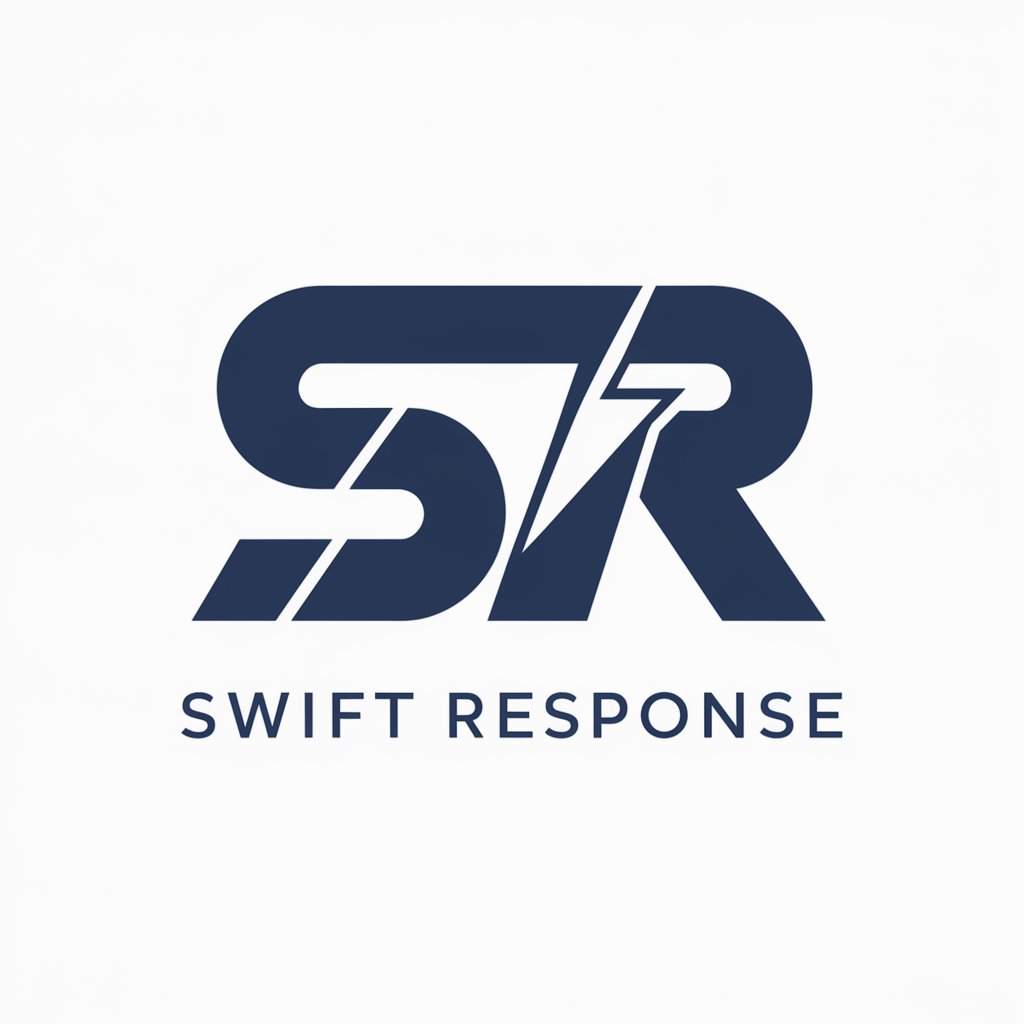
Response Rooster
Elevate engagement with AI-powered interactions.
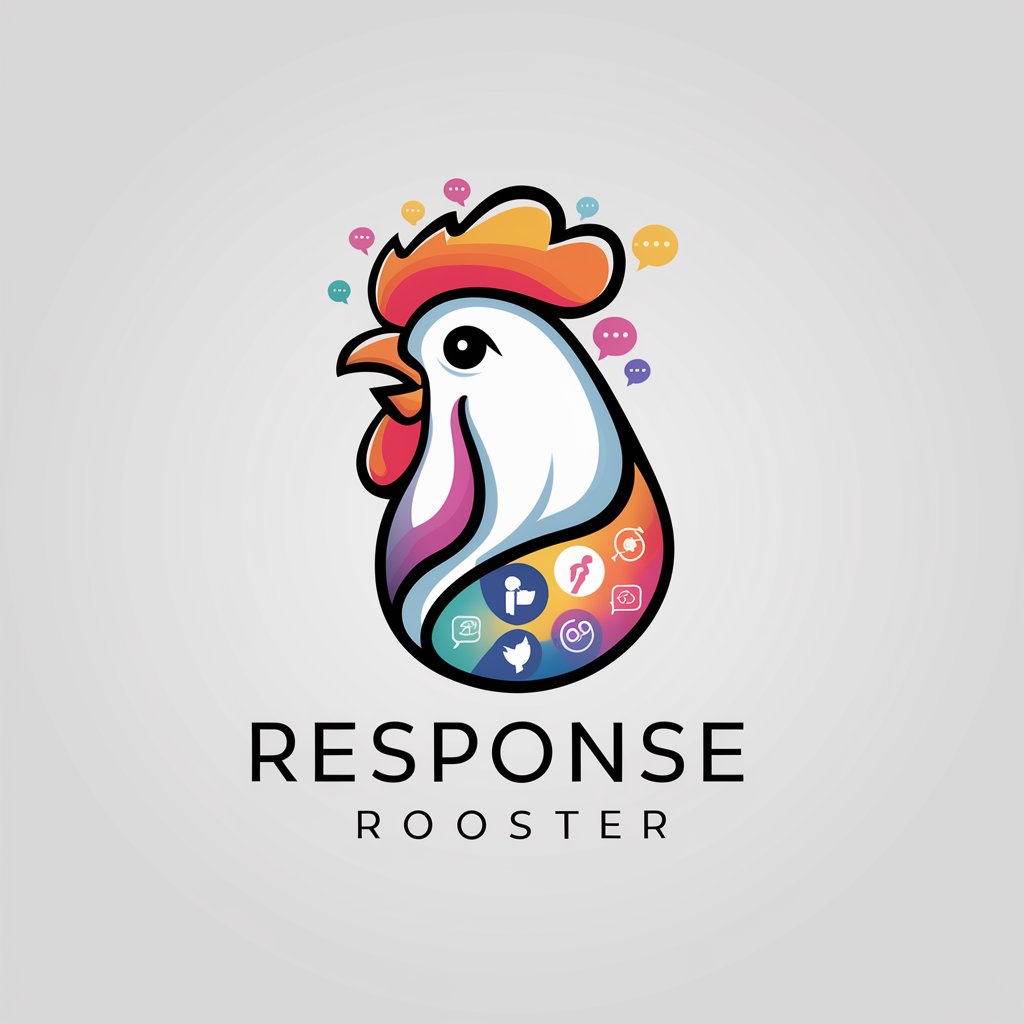
Response Judge
Elevate AI Text with Precision Feedback
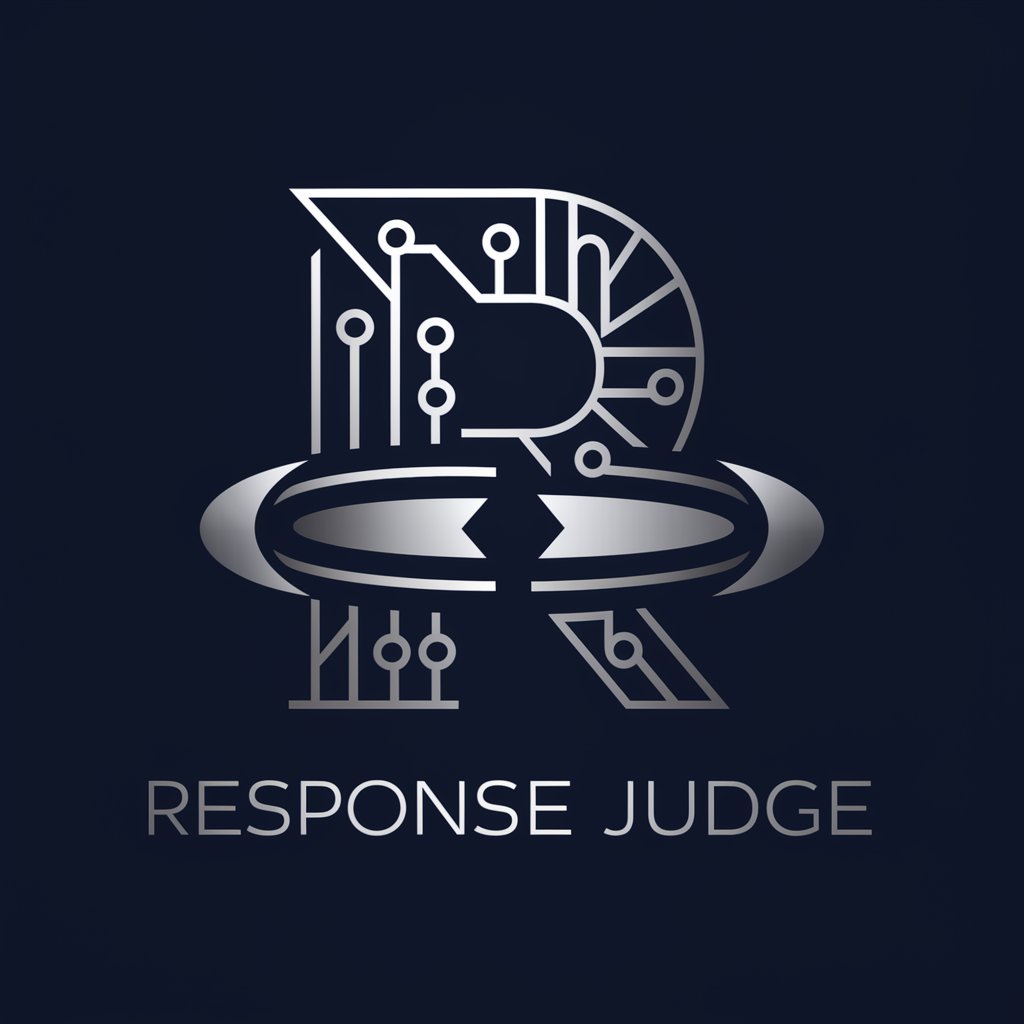
Direct Response
Empowering clarity with AI precision.

Baby Name Chooser
AI-Powered Personalized Baby Naming

Travel Buddy
Explore with AI-powered Insights

Frequently Asked Questions about Reviewer Response
What is Reviewer Response?
Reviewer Response is a specialized tool designed to assist authors in crafting responses to peer review comments, providing personalized advice based on the content of their manuscripts and the feedback received.
How can Reviewer Response improve my paper's chance of acceptance?
By providing tailored advice on addressing reviewers' concerns, Reviewer Response helps authors make the necessary revisions to enhance the clarity, impact, and credibility of their manuscripts, thus improving their chances of acceptance.
Can Reviewer Response handle comments from multiple reviewers?
Yes, Reviewer Response is equipped to analyze and provide guidance on comments from multiple reviewers, offering a comprehensive approach to refining your manuscript.
Is Reviewer Response suitable for all academic fields?
While Reviewer Response is designed to be versatile, its effectiveness is maximized when used for manuscripts within its programmed expertise. It's advisable to check its applicability to your specific field.
What should I do if I disagree with the advice provided by Reviewer Response?
Reviewer Response offers suggestions based on a wide range of successful academic responses. If you disagree with the advice, consider the rationale behind the suggestion and how it aligns with your manuscript's goals. It's important to critically assess and integrate feedback that enhances your work's quality and persuasiveness.
